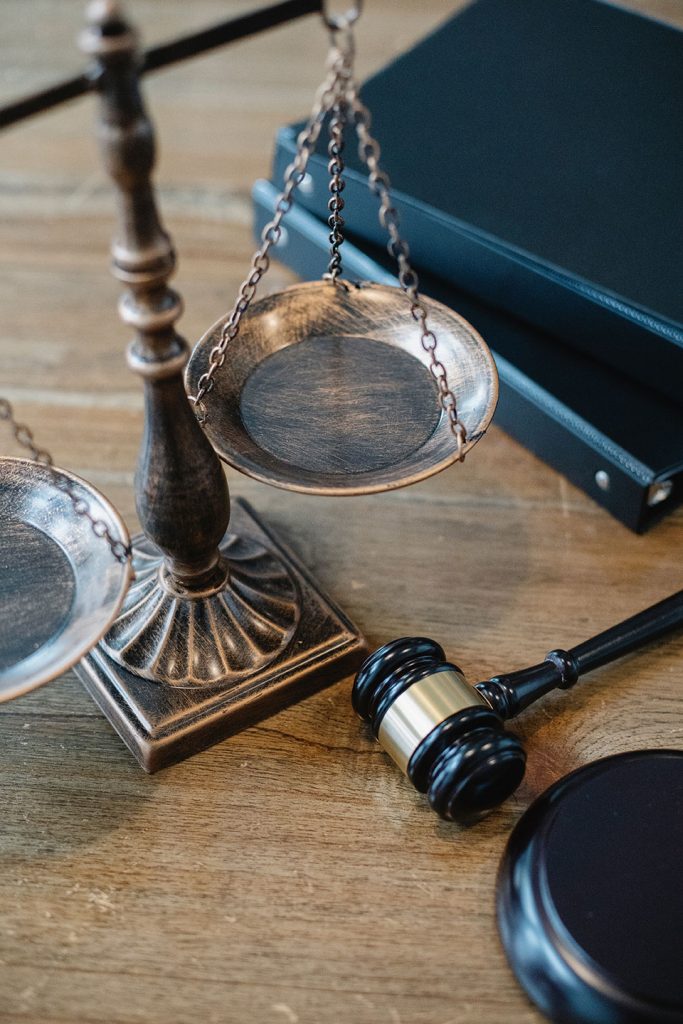Copyright law protects original works of authorship, including literary, dramatic, musical, and other creative works. In order to qualify for protection, a work has to be fixed in a tangible medium of expression (for example, by writing it down or recording it) and meet minimum standards of originality.
Copyright is actually a bundle of rights. A work’s copyright owner has the exclusive right to reproduce the copyrighted work, to prepare modified works based on the original work (these are called “derivative works”), to distribute copies or recordings of the copyrighted work, and to perform or display the copyrighted work publicly. The copyright owner has the power to license any of these rights, individually or in combination, to other entities and individuals.
A work is protected by copyright as soon as it is created and, with certain exceptions, until 70 years after the author’s death. The work’s author owns the copyright, unless the author assigns the copyright to someone else. In the case of works-for-hire, an employee or contractor creates the work at the behest of an employer or other principal, who is then considered the work’s author for copyright purposes. Registration of a work’s copyright with the U.S. Copyright Office soon after the work’s publication confers various advantages, such as eligibility for particular types of damage awards in the event that the copyright is later infringed.
Certain categories of expression, such as slogans and phrases, do not qualify for copyright protection, although they may be eligible for trademark protection. Ideas and facts are also not copyrightable, although the line between uncopyrightable ideas and copyrightable expression of such ideas may sometimes be blurry.
Copyright issues can play an important role in relationships with clients, employees, independent contractors and other parties. Colby Law Office provides strategic consultation on such issues, including those related to websites, software, works-for-hire, and other works. Our attorneys are also skilled at negotiating copyright licenses, work-for-hire agreements, publishing contracts and other copyright agreements.




